THE IMPACT OF CHILDHOOD TRAUMA ON ADULT MENTAL HEALTH.
Overcoming the Legacy of Childhood Trauma: Strategies for Resilience and Growth.
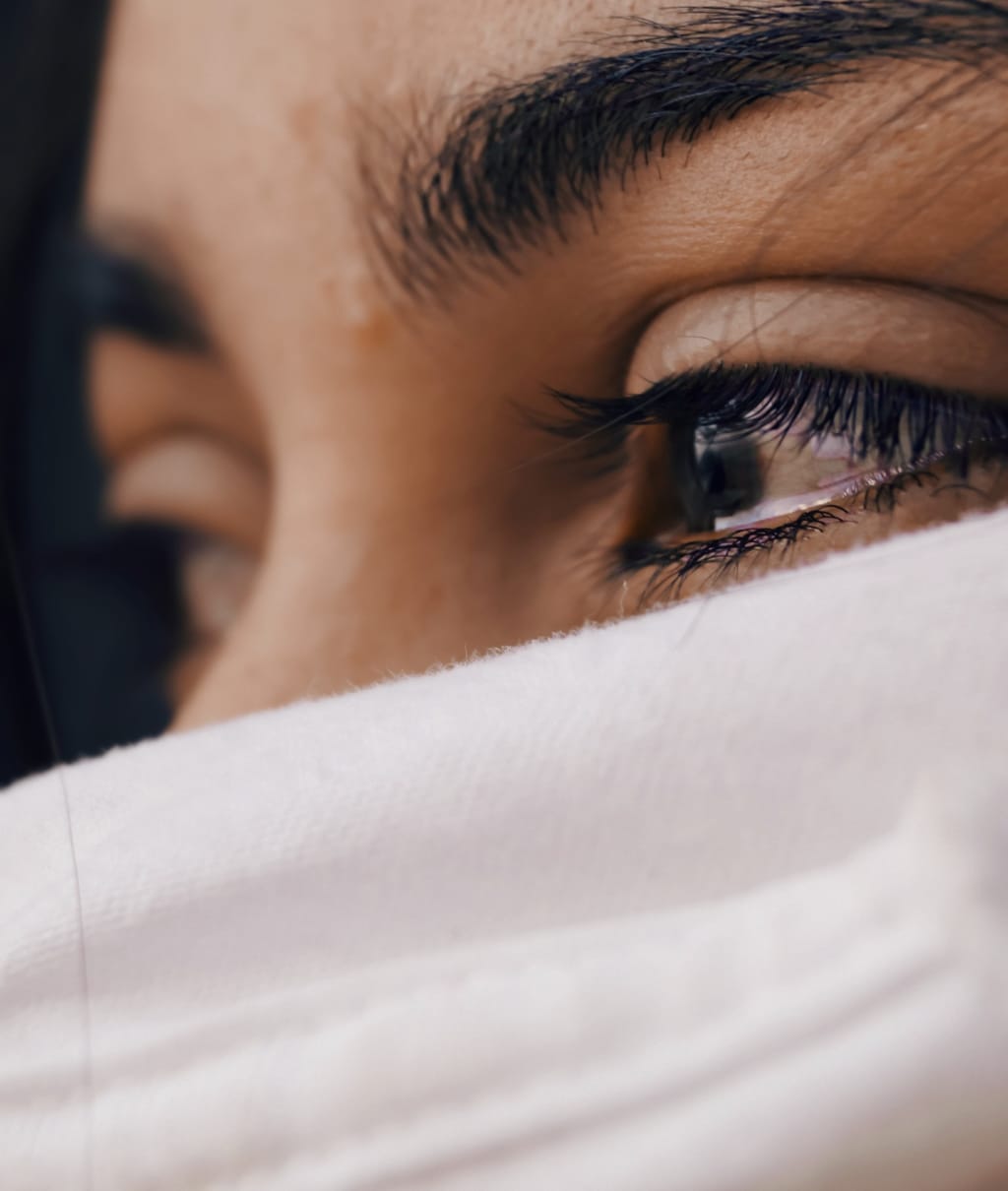
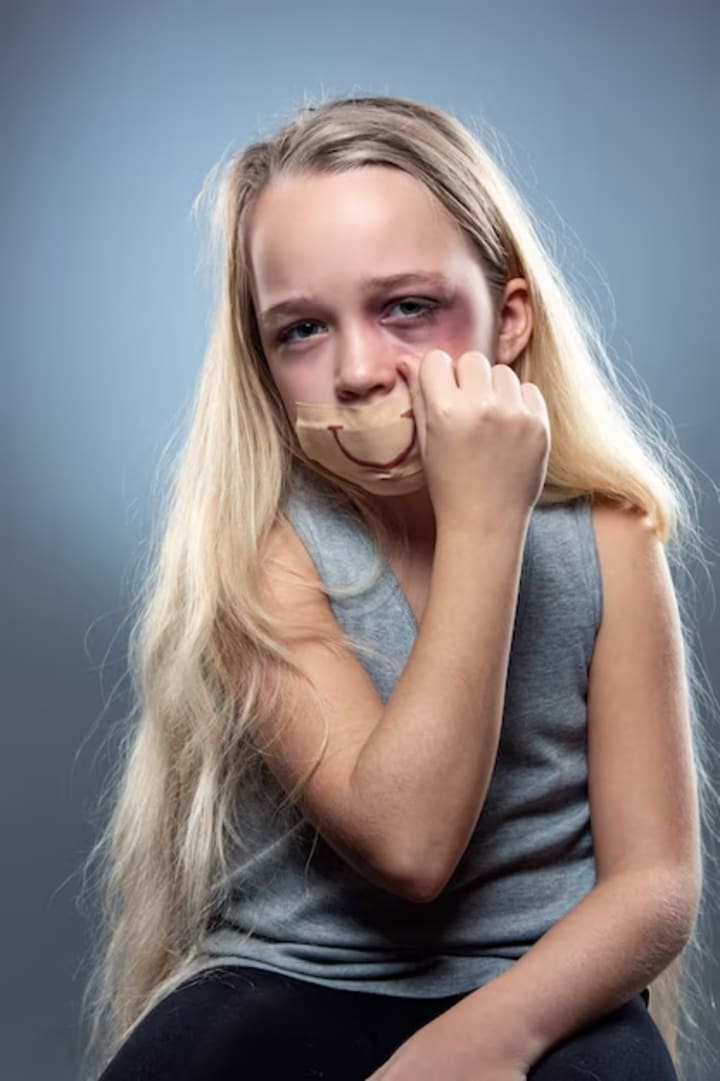
Childhood is a critical time for development, and experiences during this time can have profound impact on adult mental health. Childhood trauma, which includes physical, emotional, or sexual abuse, neglect, or exposure to violence or other traumatic events, can have lasting effects on mental health and well-being. In this article, I will explore the impact of childhood trauma on adult mental health and discuss the available treatments for those who have experienced trauma.
The Impact of Childhood Trauma on Adults Mental Health
Studies have shown that
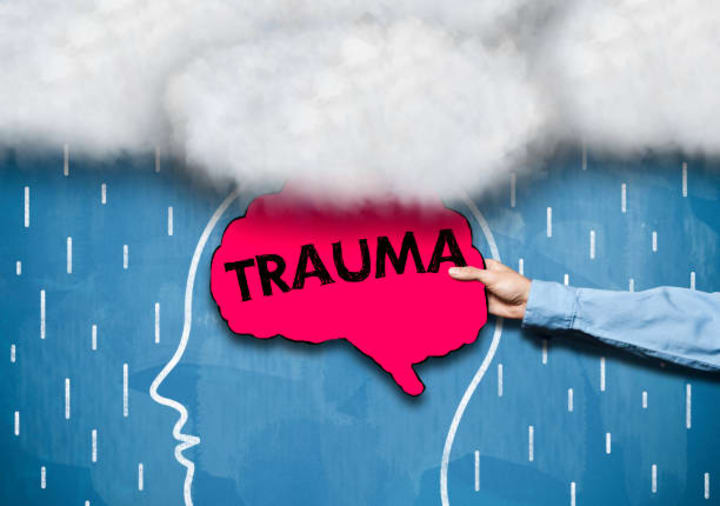
childhood trauma is linked to a range of mental health issues in adulthood. Some of the most common mental health issues associated with childhood trauma includes depression, anxiety, post-traumatic stress disorder (PTSD), and substance abuse.
Depression: Childhood trauma can increase the risk of developing depression in adulthood. Individuals who have experienced childhood trauma are more likely to have persistent feelings of sadness, hopelessness, and worthlessness.
Anxiety: Childhood trauma can also increase the risk of developing anxiety disorders in adulthood. individuals who have experienced childhood trauma may have a heightened sense of fear or anxiety, even in situations that are not inherently threatening.
Post-Traumatic Stress Disorder (PTSD): Childhood disorder can also increase the risk of developing PTSD in adulthood. Individuals who have experienced childhood trauma may have flashbacks or nightmares related to the traumatic events, and may avoid situations that remind them of the trauma.
Substance Abuse: Childhood trauma can also increase the risk of developing substance abuse issues in adulthood. Individuals who have experienced childhood trauma may turn to drugs or alcohol to cope with the emotional pain and distress caused by their trauma.
In addition to these mental health issues, childhood trauma has also been linked to physical health problems, such as heart disease, diabetes, and obesity.
Treatments for Childhood Trauma
fortunately, there are treatments available for individuals who have experienced childhood trauma. The most effective treatments for childhood trauma includes Therapy, medication, and selfcare.
Therapy: Therapy is an essential part of treating childhood trauma. cognitive-behavioral therapy (CBT), eye movement desensitization and reprocessing (EMDR), and dialectical behavioral therapy (DBT) are all effective treatments for trauma-related mental issues.
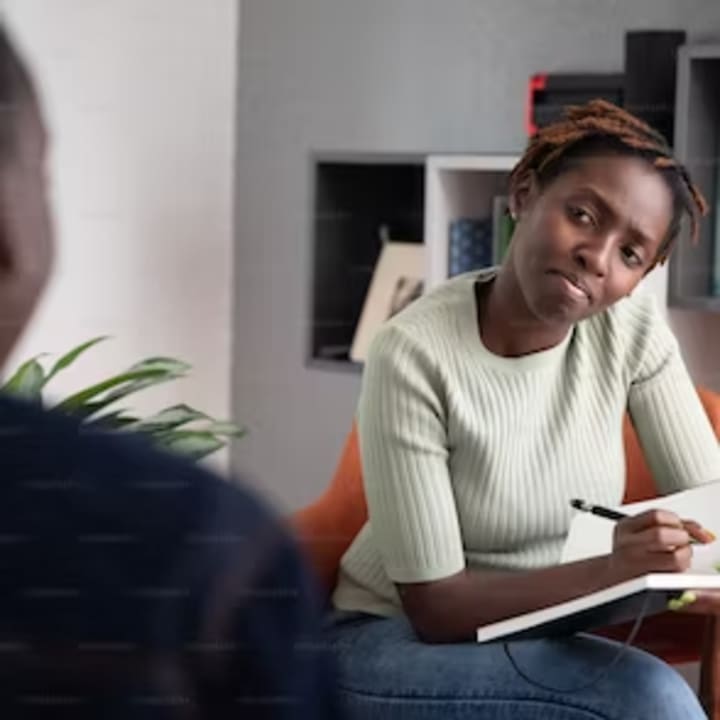
Medication: Medication can also be useful in treating trauma-related mental health issues. Antidepressants and anti-anxiety medications can help alleviate symptoms of depression, anxiety, and PTSD.
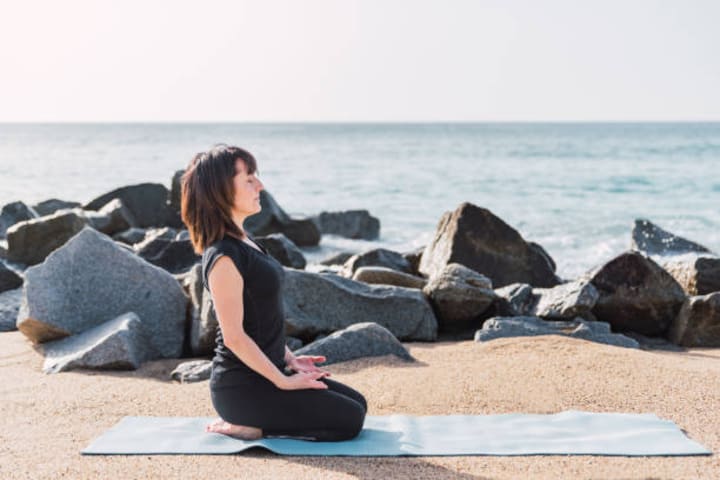
Self- care: self-care is an essential part of managing trauma-related mental health issues. Engaging in activities that promote relaxation and well-being, such as exercise, meditation, and spending time in nature, can help individual manage symptoms of trauma.
Examples of Self- care Activities for Managing Trauma
Certainly! Here are some self-care activities that can be helpful for managing trauma-related mental health issues:
1. Exercise: Regular exercise can help reduce symptoms of anxiety and depression, as well as improve overall physical health. Try to engage in activities that you enjoy, such as running, swimming, or yoga.
2. Mindfulness meditation: Mindfulness meditation involves focusing on the present moment, without judgment. This can help reduce symptoms of anxiety and depression, as well as increase feelings of calm and relaxation. There are many guided mindfulness meditation exercises available online, or you can attend a mindfulness meditation class.
3. Spending time in nature: Spending time in nature can be a great way to reduce stress and improve overall well-being. Try taking a walk in the park, going for a hike, or spending time at the beach.
4. Creative activities: Engaging in creative activities, such as painting, writing, or playing music, can be a great way to express emotions and reduce stress. You don't have to be an artist to benefit from creative activities; simply engaging in the process can be therapeutic.
5. Self-care rituals: Establishing self-care rituals can help reduce stress and promote relaxation. This could include taking a warm bath, lighting candles, or practicing deep breathing exercises.
6. Social support: Building and maintaining social connections can be an important part of self-care. Spending time with friends and loved ones can help reduce feelings of loneliness and isolation, and provide a source of support.
Remember that self-care is a personal process, and what works for one person may not work for another. It's important to find self-care activities that resonate with you and make you feel good. If you're struggling to manage trauma-related mental health issues, it's essential to seek help from a mental health professional.
Online Communities and forums dedicated to discuss mindfulness meditation.
Yes, there are many online communities and forums dedicated to discussing mindfulness meditation. Here are some options:
1. r/Mindfulness on Reddit: This subreddit has over 300,000 members and is dedicated to discussing mindfulness, sharing personal experiences, and asking questions.
2. Mindful.org Community: Mindful.org has an online community that allows members to connect with others who are interested in mindfulness meditation, share experiences, and ask questions.
3. Insight Timer Community: Insight Timer is a meditation app that also has an online community where members can connect with others who practice mindfulness meditation, share insights and experiences, and ask questions.
4. Mindful Moments on Facebook: Mindful Moments is a Facebook group dedicated to discussing mindfulness meditation, sharing resources, and supporting each other on the mindfulness journey.
5. The Mindful Life Facebook Group: The Mindful Life is another Facebook group dedicated to discussing mindfulness meditation, mindfulness practices, and personal growth.
Remember that online communities and forums can be a great way to connect with others who share your interests, but it's important to use caution when sharing personal information or seeking advice. Always use your best judgment and seek guidance from a qualified meditation teacher or mental health professional if you have any concerns about your mindfulness practice or mental health. Here are some resources for learning more about mindfulness meditation:
1.Headspace: Headspace is a popular app that provides guided mindfulness meditation exercises and other tools for improving mental health and well-being.
2. Insight Timer: Insight Timer is another app that provides guided meditations, as well as a timer for self-guided meditation sessions.
3. Mindful.org: Mindful.org is a website that provides articles, videos, and other resources for learning about mindfulness meditation and incorporating it into your daily life.
4. UCLA Mindful Awareness Research Center: The UCLA Mindful Awareness Research Center provides free guided meditations and other resources for learning about mindfulness meditation.
5. Mindfulness-Based Stress Reduction (MBSR) Program: The MBSR program is an eight-week program that teaches mindfulness meditation and other techniques for reducing stress and improving mental health. The program is offered in many locations throughout the world.
6. Books: There are many books available on mindfulness meditation, including "The Mindful Way Workbook" by John Teasdale, "Real Happiness" by Sharon Salzberg, and "The Miracle of Mindfulness" by Thich Nhat Hanh.
Remember that mindfulness meditation is a personal practice, and it may take time to find an approach that works for you. Be patient and persistent, and don't hesitate to seek guidance from a qualified meditation teacher or mental health professional if you're struggling to get started. (MBSR) Program: The MBSR program is an eight-week program that teaches mindfulness meditation and other techniques for reducing stress and improving mental health. The program is offered in many locations throughout the world.
6. Books: There are many books available on mindfulness meditation, including "The Mindful Way Workbook" by John Teasdale, "Real Happiness" by Sharon Sal z-berg, and "The Miracle of Mindfulness" by Thich N hat Hanh.
Remember that mindfulness meditation is a personal practice, and it may take time to find an approach that works for you. Be patient and persistent, and don't hesitate to seek guidance from a qualified meditation teacher or mental health professional if you're struggling to get started.es guided mindfulness meditation exercises and other tools for improving mental health and well guided meditations, as well as a timer for self-guided meditation sessions.
In conclusion,
Childhood trauma can have profound impact on adult mental health.Depression anxiety ,PTSD,and substance abuse are all common mental health issues associated with childhood trauma. however there are effective treatments available for those who have experienced trauma.Therapy, medication, and self-care can all help individuals manage the symptoms of trauma and improve their overall mental health and well-being.





Comments
There are no comments for this story
Be the first to respond and start the conversation.